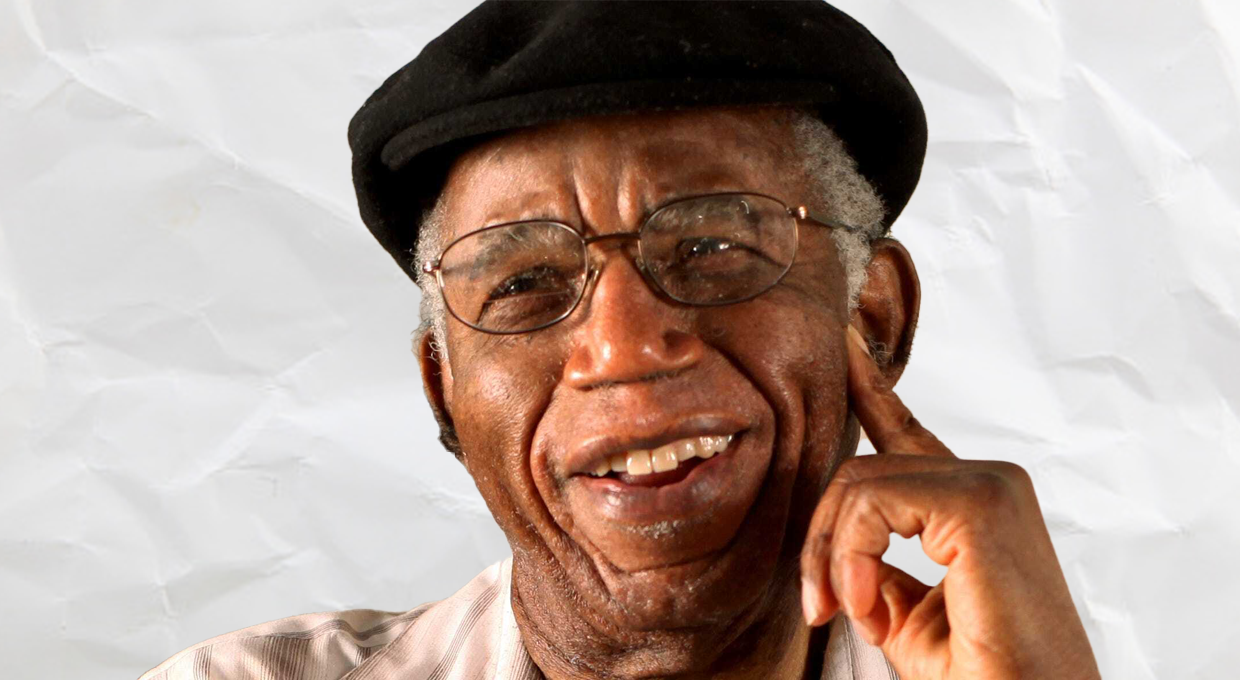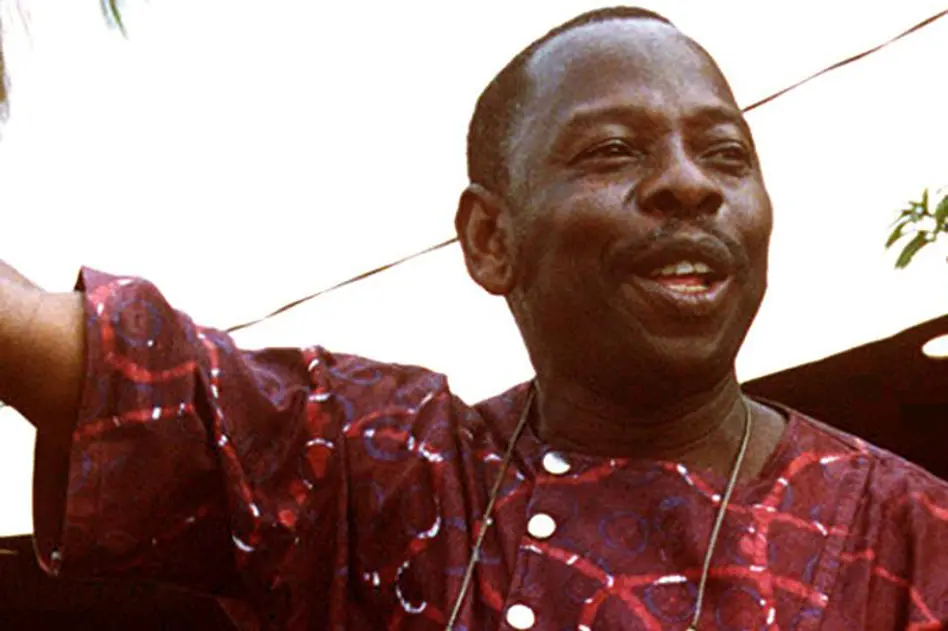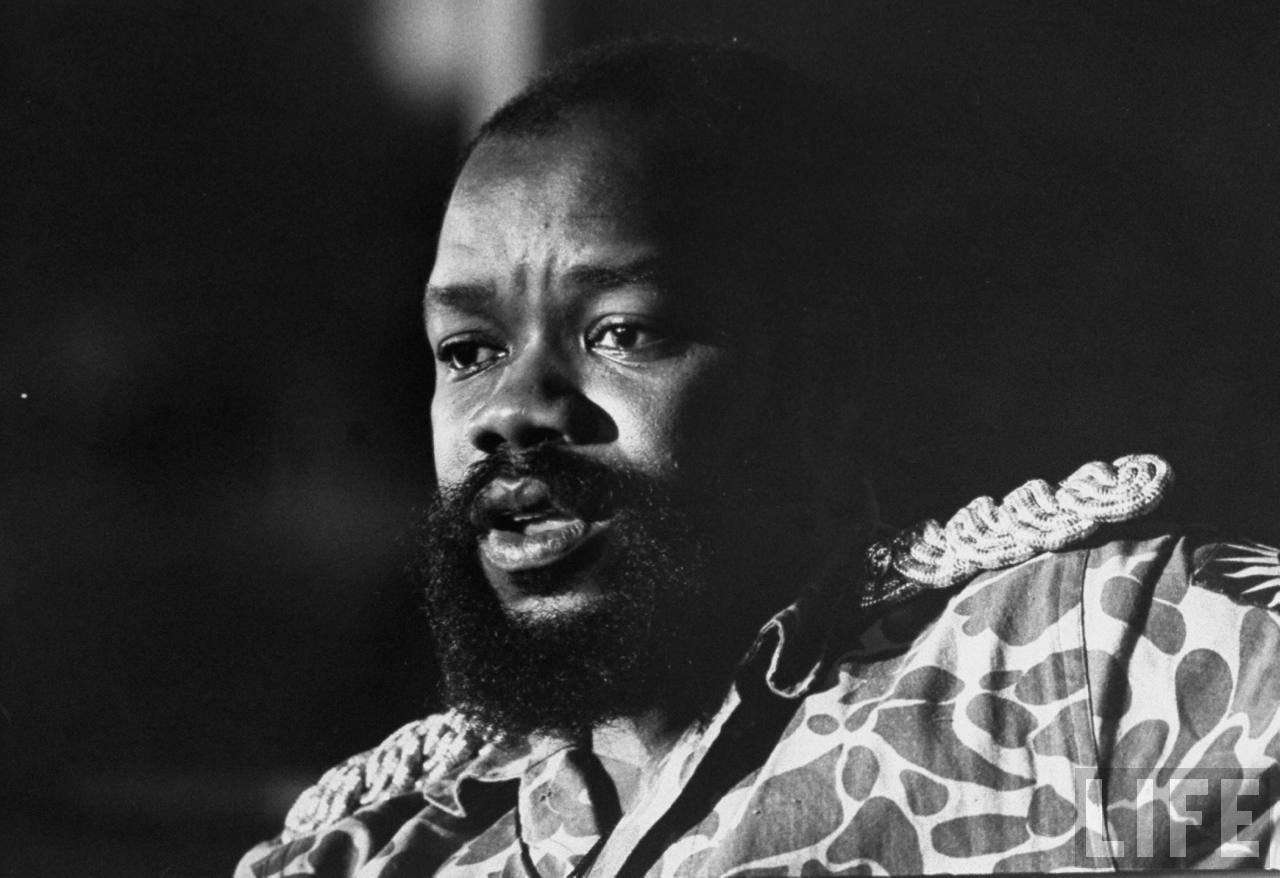
The Inspiring Life and Legacy of Chinua Achebe: The Father of African Literature
Chinua Achebe remains one of the most revered and influential writers in modern African literature. Known as the “father of African literature,” Achebe’s work has touched millions worldwide, blending compelling storytelling with a deep, critical exploration of African identity, colonialism, and the clash of traditional and modern values. From his breakout novel, Things Fall Apart, to his insightful essays, Achebe’s impact on African literature and global perceptions of Africa is unparalleled. This biography offers an in-depth look at his life, achievements, legacy, and influence on the literary world.
Early Life and Background
Albert Chinụalụmọgụ Achebe was born on November 16, 1930, in Ogidi, a small Igbo village in southeastern Nigeria. Growing up in a community steeped in Igbo culture, Achebe’s family practiced Christianity, which was influenced by the early British missionaries. This dual identity profoundly impacted his work, giving him a unique perspective on the tensions between traditional African values and Western culture, themes that would later become central to his writing. Achebe was an exceptional student and attended Government College Umuahia before studying English, History, and Theology at the University College of Ibadan.
Breakthrough with Things Fall Apart
Published in 1958, Things Fall Apart is perhaps Achebe’s most famous work and is often considered the quintessential African novel. The novel tells the story of Okonkwo, a proud Igbo man, and the changes his village undergoes as colonial rule and Christianity take root in Nigeria. This novel not only brought international attention to African literature but also offered a rare and authentic portrayal of African societies from an African perspective, challenging colonial narratives that had previously dominated literature about the continent.
Things Fall Apart has sold millions of copies worldwide, been translated into more than 50 languages, and is a staple in African studies and post-colonial literature courses around the globe. Achebe’s portrayal of Igbo society, his nuanced characters, and his exploration of themes like identity, change, and resistance resonated globally and cemented his legacy as a literary giant.
Achebe’s Literary Influence and Other Works
Following the success of Things Fall Apart, Achebe continued to write influential novels such as No Longer at Ease (1960), Arrow of God (1964), A Man of the People (1966), and An Anthills of the Savannah (1987). These works, often collectively known as the “African Trilogy,” delve deeper into the complexities of post-colonial African identity, corruption, and the role of tradition in modern Africa.
Beyond his novels, Achebe wrote essays, short stories, and poetry, often focusing on the responsibilities of African writers and the role of art in society. His essays, particularly those in Home and Exile (2000) and The Education of a British-Protected Child (2009), critique colonialism and examine the Western misrepresentation of African cultures, influencing both African and global literary circles. His famous essay, “An Image of Africa: Racism in Conrad’s Heart of Darkness,” criticized Joseph Conrad’s portrayal of Africans, sparking debates that continue in post-colonial studies today.
Political Activism and Personal Life
Achebe was deeply committed to Nigerian politics and was an outspoken critic of corruption and mismanagement in Nigeria. During the Biafran War (1967–1970), Achebe supported the Biafran independence movement and even served as an ambassador for the region. His political activism often placed him at odds with Nigerian authorities, but he remained unwavering in his advocacy for democracy and social justice.
In 1990, Achebe was involved in a car accident that left him paralyzed from the waist down. Despite this, he continued his literary work, teaching at Bard College and later at Brown University in the United States, where he mentored a new generation of writers and thinkers. His personal resilience, combined with his profound cultural and political insights, added layers to his reputation as both a writer and a humanitarian.
Awards and Recognition
Throughout his life, Achebe received numerous awards and honors, including the Nigerian National Order of Merit, the Man Booker International Prize, and honorary doctorates from several universities. Though he was often considered a contender for the Nobel Prize in Literature, he never received it—a fact that remains a point of contention among literary scholars and his admirers.
Legacy and Influence on African Literature
Chinua Achebe’s influence on African literature is monumental. He paved the way for writers like Wole Soyinka, Chimamanda Ngozi Adichie, and Ngũgĩ wa Thiong’o, who continue to explore African identity, culture, and politics. Achebe’s approach to storytelling, which combines simple yet profound language with deep social and cultural insights, set the standard for modern African literature. His insistence on African agency and authenticity in literature continues to inspire authors worldwide.
Notable Quotes
“Until the lions have their own historians, the history of the hunt will always glorify the hunter.”
“The world is like a Mask dancing. If you want to see it well, you do not stand in one place.”
Influence in Popular Culture
In addition to his literary contributions, Achebe’s influence extends into popular culture. His works have been referenced in music, film, and art, reflecting his impact on how Africa is portrayed and perceived. Achebe’s voice remains alive through various documentaries, interviews, and lectures available online, offering insights into his thought process, inspirations, and perspectives on African history and literature.
Conclusion
Chinua Achebe’s life was a testament to the power of words and the strength of conviction. His literature not only challenged the way Africa was represented but also gave African people a voice in global literature. From his childhood in Ogidi to his status as a literary icon, Achebe’s journey reflects the struggles and triumphs of Africa in the modern world. He remains an enduring figure whose works will continue to inspire generations, making him an irreplaceable part of African and global literary history.




Appreciate it for all your efforts that you have put in this. very interesting info .